The success of cell culture and genetic engineering experiments often depends on the fine control of experimental conditions. As one of the basic parameters of life activities, temperature plays a crucial role in these experiments. Whether it is cell growth and division, or gene expression and regulation, they are all profoundly affected by temperature. Therefore, ensuring constant and precise temperature control during experiments has become an important goal pursued by scientists. Temperature Controllers are the solid guardians of this goal.
Temperature Controllers can provide a constant and suitable temperature environment to ensure that cells grow and metabolize under optimal conditions. By precisely adjusting the heating and cooling system, the controller can quickly respond to temperature changes and stabilize the ambient temperature within a preset range, thereby avoiding the adverse effects of temperature fluctuations on cells.
Genetic engineering experiments have extremely strict temperature control requirements. Small temperature changes can have a significant impact on experimental results. With its high-precision temperature sensing and adjustment technology, Temperature Controllers can monitor and adjust the ambient temperature in real time to ensure that temperature fluctuations during the experiment are controlled within a very small range, thus meeting the high-precision requirements of the experiment.
In cell culture and genetic engineering experiments, temperature changes often require rapid response and stable control. Temperature Controllers have fast response time and high stability, and can reach and maintain the required temperature level in a short time, while avoiding excessive temperature fluctuations and oscillations, ensuring the continuity and stability of experiments.
With the advancement of science and technology, laboratory automation has become a trend. Temperature Controllers usually have programmable functions, allowing users to set different temperature control schemes according to experimental needs and automatically execute these schemes. This not only improves experimental efficiency, but also reduces errors and uncertainties caused by human operations.
There are many types of cell culture and genetic engineering experiments, and their requirements for temperature control vary. Temperature Controllers are flexible and adaptable and can be adjusted and optimized according to different experimental needs. Whether it is single-channel control or multi-channel/multi-area control, the controller can meet experimental needs and ensure the accuracy and reliability of experimental results.
In cell culture experiments, Temperature Controllers need to ensure that the temperature in the incubator is constant within an appropriate range to promote normal growth and division of cells. At the same time, precise temperature control is also required to avoid cell damage during key steps such as cell passaging, cryopreservation, and recovery. In genetic engineering experiments, temperature controllers are more commonly used in the regulation of biological processes such as DNA replication, transcription, translation, and protein synthesis. These processes are extremely sensitive to temperature and require highly precise temperature control to ensure the smooth progress of the experiment and the accuracy of the results.
How to accurately use Temperature Controllers to meet complex temperature control requirements in cell culture and genetic engineering experiments?
About us
Product
Looking for solutions?
We can provide a complete thermal management solution to solve all your problems in one stop.

 English
English русский
русский 简体中文
简体中文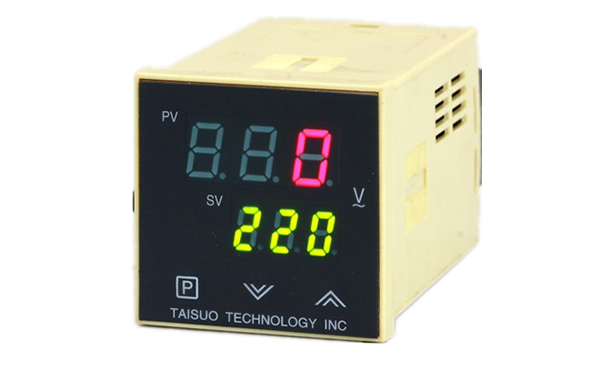
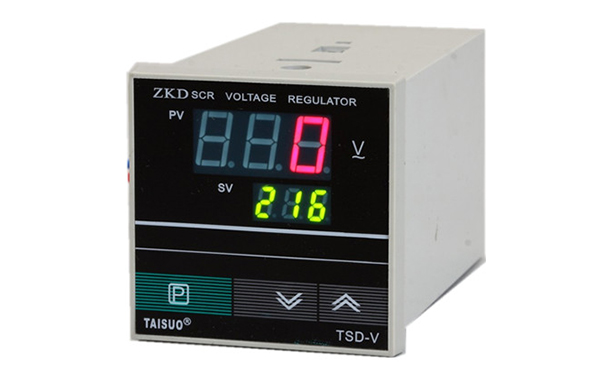
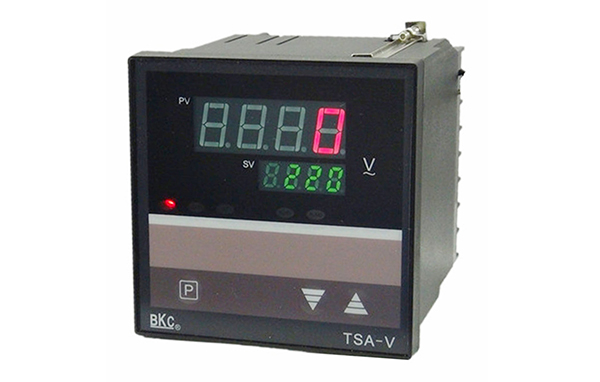
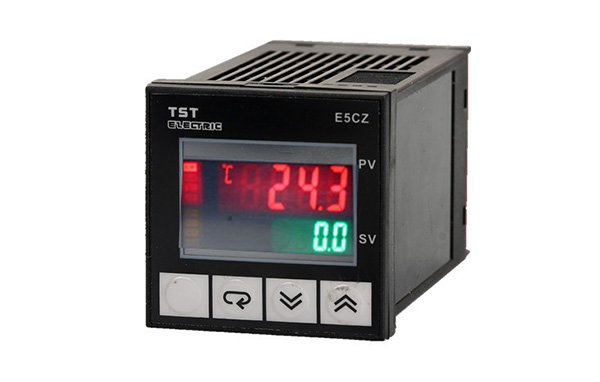
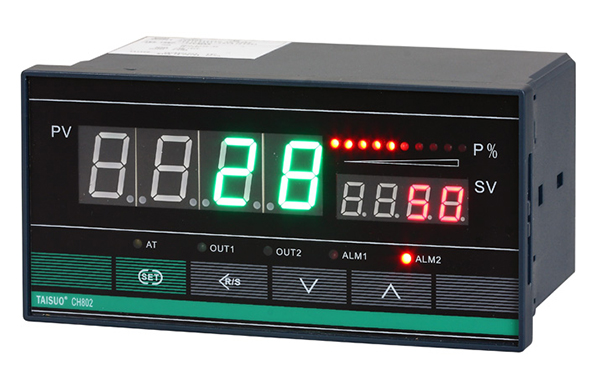
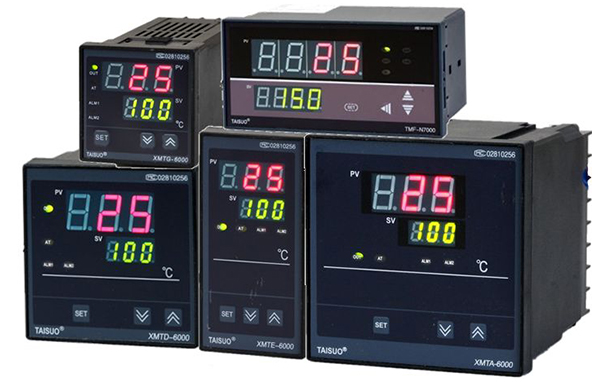
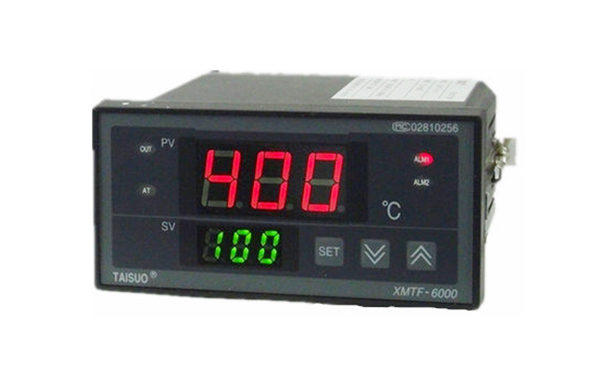
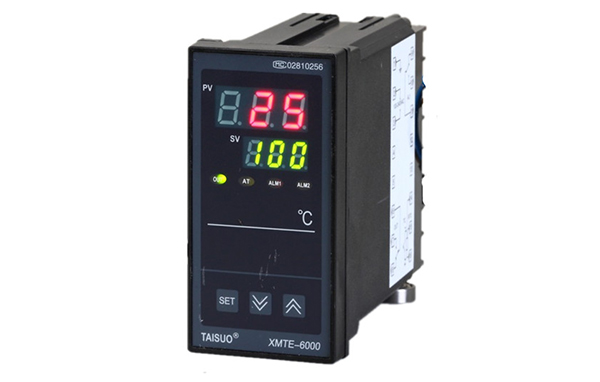
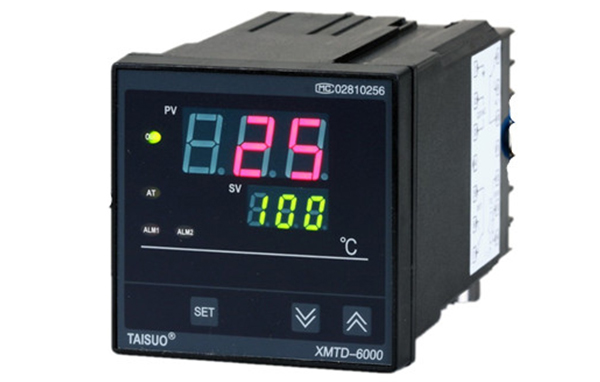
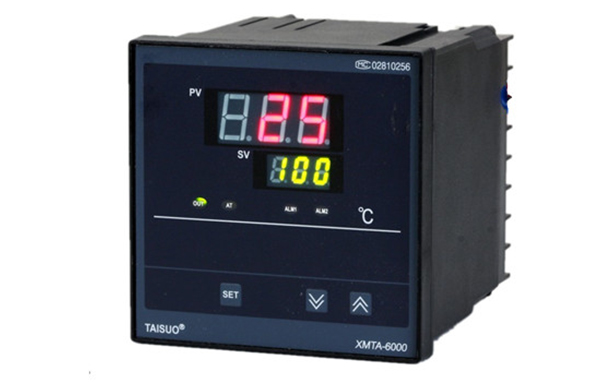
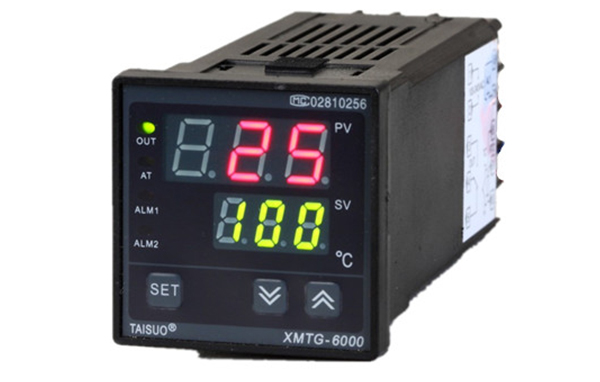
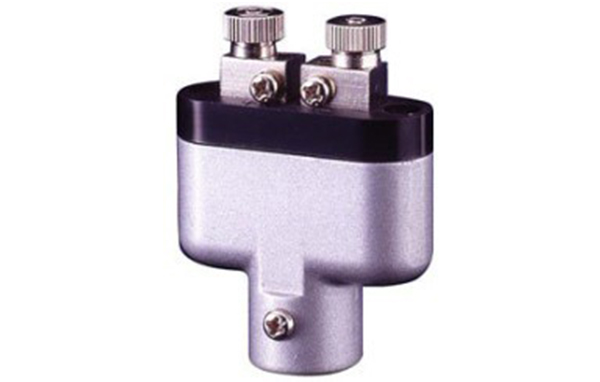

 Ins: tai_suo
Ins: tai_suo

